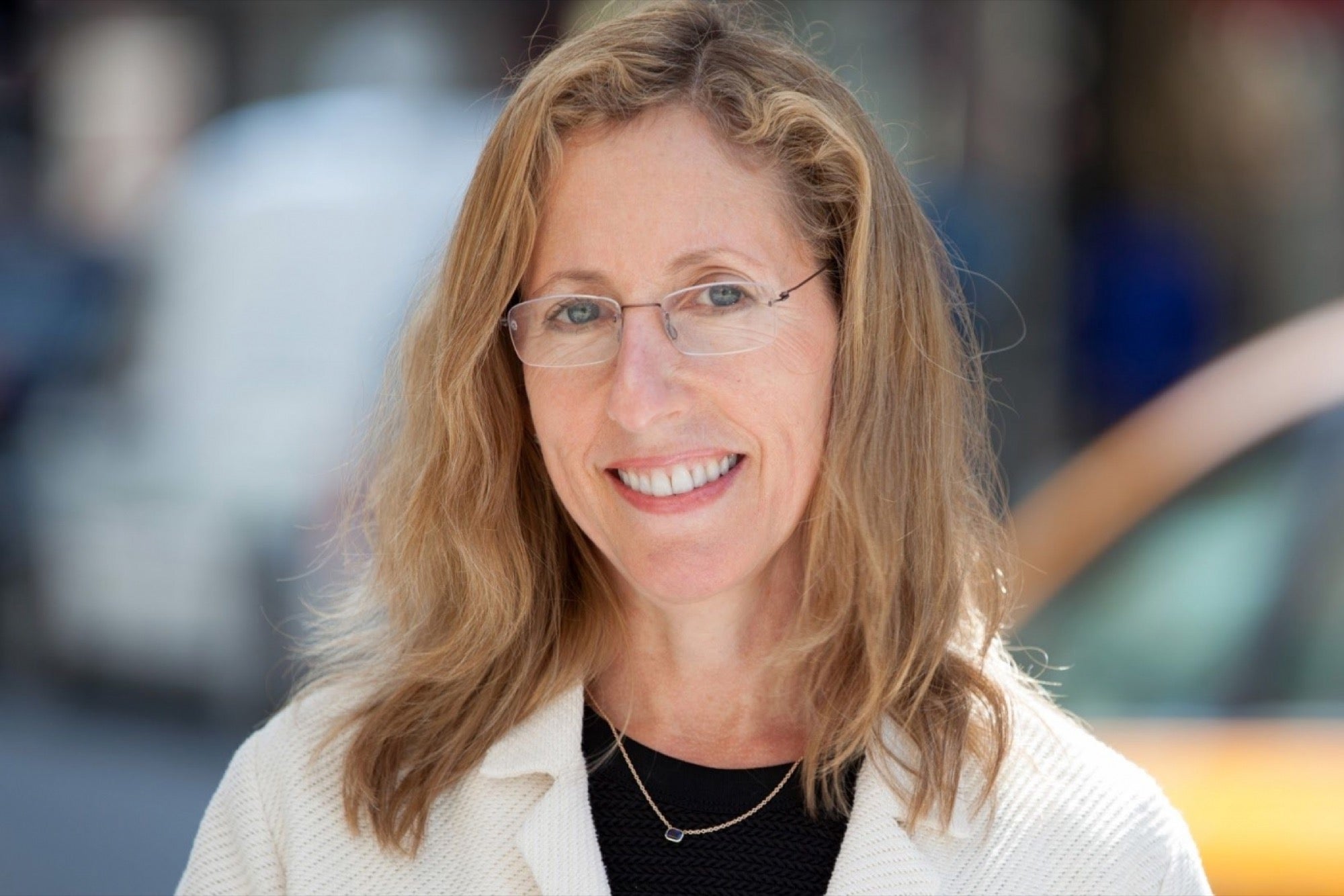How This Founder Sticks to Her Principles and Stays Open Minded at the Same Time Ilaina Edison recognized that if she wanted to incorporate hospitality into her medical practice, flexibility and patience would be key.
Opinions expressed by Entrepreneur contributors are their own.

After decades working in the healthcare industry, Ilaina Edison identified an opportunity to fill a niche for women. While many clinics offer both infertility and egg-freezing services, Edison recognized that the women going through each of these experiences had very different needs. She decided to not only found a practice, called Extend Fertility, focused solely on fertility preservation options, but also offer something else she noticed was missing from the medical world: hospitality.
She and her founding team enrolled in a course on Enlightened Hospitality, the management concept created by New York City restaurateur Danny Meyer. Among the principles of this approach is the importance of fostering a positive environment for employees in order to yield a quality customer experience.
Setting up a business that adheres to Enlightened Hospitality takes a lot of preparation, Edison learned. Extend Fertility's hiring process screens for caring, self-awareness, empathy and integrity. To determine whether prospective employees possess these traits, Extend Fertility does behavioral-based interviewing, discussing real-life situations and role playing with candidates for positions in all levels of the company.
Related: This Woman Wants to Run Harlem's First Billion-Dollar Startup
Edison admits it took some heavy lifting, along with trial and error to build this model. While Extend Fertility commits to a strict set of values, it remains adaptable within those values. This comes into play in allowing employees to have flexibility in taking time off -- and allowing patients to take as much time as they need with their fertility decisions.
Here's how Edison upholds her company's values by constantly evaluating them.
This conversation has been edited.
What have you learned about growth while doing good?
It's incredibly important to stay focused. Growth isn't always a straight line. It can be a bit unpredictable, so it's important to plan accordingly, especially when you're starting a new company. When you're an ongoing company, your operating can fund your growth, but when you're starting new, you need capital up front -- and you want to make sure that you plan for more than you initially think.
Also, doing good and growth and profit are not mutually exclusive. People tend to put one against the other, and there is a way you can achieve both goals. You just need to set systems in place to make sure you're staying true to your values and delivering on your promises. Never ask yourself, "How could this have happened?" It's more about, "OK, now what do we do?'
What have you learned about culture while doing good?
You have to put your employees first. We ask a lot of our team, and when we hire people, we tell them that. We have certain ways of giving back to our employees, so they know that we have their back. We've structured time off in a flexible way to better reflect what the job requirements are. We want people to be energized, not weary and short tempered. We also want a team who wants to be here. We have this principle called "skunking': If you're in a bad mood, go outside and take a walk, so you're not sharing your bad mood with other people. I think the staff really appreciate that.
Related: This Founder Is Broadening Americans' Culinary Horizons While Empowering Refugees
What advice do you have for other businesses looking to do good?
When you're committed to doing good, you need to integrate that into your mission, because everything flows from your mission. The reality is there are many competing priorities when you start a business. One day you could be figuring out office furniture, the next it's these major technology solutions, and then there's ensuring that your customers have the best possible experience. So to do good for people and have your company do good, it takes commitment and resolve. And I believe that there are just places where it's not an option for us to compromise. Our team knows that. They may change over time, but for us, there are these guardrails we just do not go outside of.









